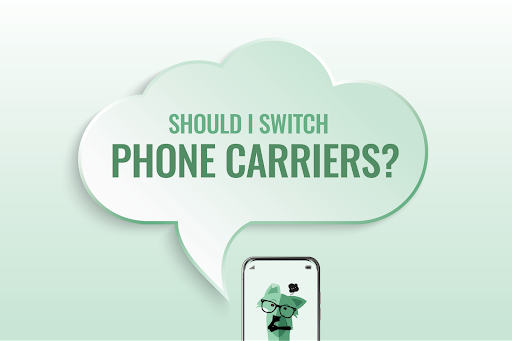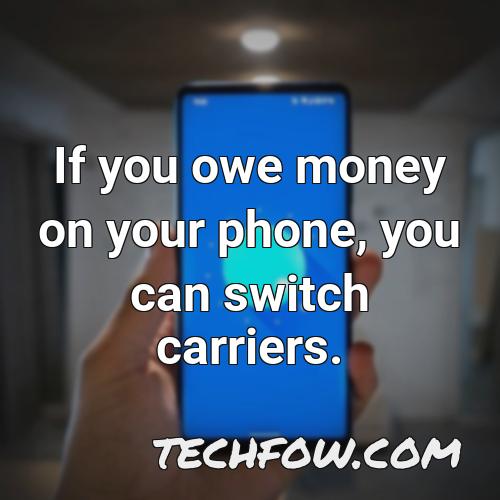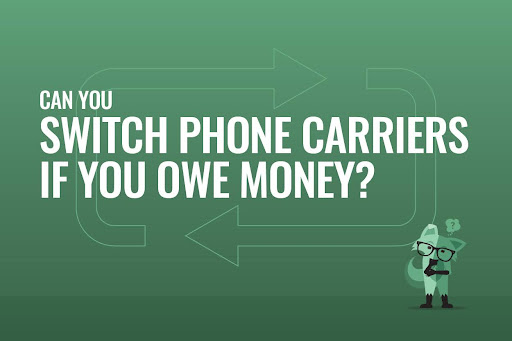Can You Switch A Phone To A Different Carrier
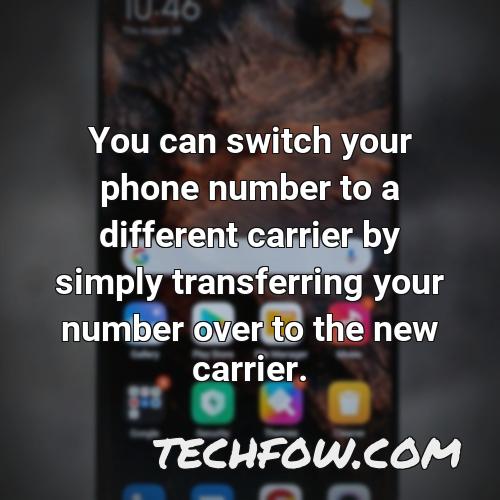
Imagine holding your phone, a device that feels like an extension of yourself, a portal to connect with loved ones, navigate bustling city streets, and capture life’s fleeting moments. But what if this familiar companion suddenly feels like it's trapped, shackled to a network that no longer serves your needs? The signal drops at crucial moments, the data speeds crawl slower than a snail, and you yearn for a different carrier, a promise of better coverage and faster connections. But can you actually break free and switch, or are you doomed to remain tethered to a frustratingly inadequate service?
Switching phone carriers can feel daunting, but the reality is, in most cases, yes, you can switch your phone to a different carrier. However, there are crucial factors to consider, like unlocking your device and understanding contract obligations. Let's delve into the nuances of carrier switching and uncover the steps to a smooth transition.
Understanding Phone Unlocking
The first hurdle in switching carriers is ensuring your phone is unlocked. An unlocked phone is not tied to a specific carrier and can be used on any compatible network.
Most carriers will unlock your phone if you meet certain requirements, such as having fulfilled your contract or paid off the device in full. According to the Federal Communications Commission (FCC), carriers are obligated to unlock devices for eligible customers.
Carrier Unlocking Policies
Carrier unlocking policies vary. Contact your current provider to understand their specific requirements and procedures.
Major carriers like Verizon, AT&T, and T-Mobile have detailed online resources explaining their unlocking processes. T-Mobile, for instance, typically requires the device to be fully paid off and active on their network for a certain period.
What if My Phone is Locked?
If your carrier refuses to unlock your phone despite meeting their requirements, you have options. You can file a complaint with the FCC, or explore third-party unlocking services, although be cautious and ensure their legitimacy.
Checking Phone Compatibility
Even with an unlocked phone, compatibility with the new carrier’s network is essential. Different carriers use different network technologies. The main two in the US market is GSM and CDMA, although GSM is increasingly standard.
Historically, Verizon and Sprint (now part of T-Mobile) used CDMA, while AT&T and T-Mobile used GSM. Most modern phones, especially those supporting 4G LTE and 5G, are compatible with both networks, but it's always best to verify.
You can check your phone’s compatibility by entering its IMEI (International Mobile Equipment Identity) number on the new carrier’s website. This number is a unique identifier for your phone and allows the carrier to confirm network compatibility.
Porting Your Number
One of the most significant concerns when switching carriers is often retaining your existing phone number. Fortunately, number porting is a standard procedure.
The FCC mandates that carriers allow customers to port their numbers. To initiate the porting process, you’ll need your account number and PIN from your current carrier.
Provide this information to your new carrier, and they will handle the porting process. Be aware that it can take a few hours or even a day or two for the number to fully transfer.
Contractual Obligations and Fees
Before making the switch, carefully review your current contract with your existing carrier. Terminating a contract early can result in hefty termination fees.
Many carriers offer installment plans for phones, which can tie you to their service for a set period. Be sure to understand the financial implications of breaking your contract.
Shop around for deals and promotions from new carriers to offset any termination fees or remaining device payments. Often, they will give you a credit to get you to switch carriers.
Conclusion
Switching phone carriers can be a liberating experience, offering better coverage, faster speeds, and a fresh start. While the process involves navigating unlocking policies, compatibility checks, and potential fees, the freedom and improved service can be well worth the effort. Armed with the right knowledge and a proactive approach, you can confidently break free from a frustrating mobile experience and embrace a network that truly meets your needs.
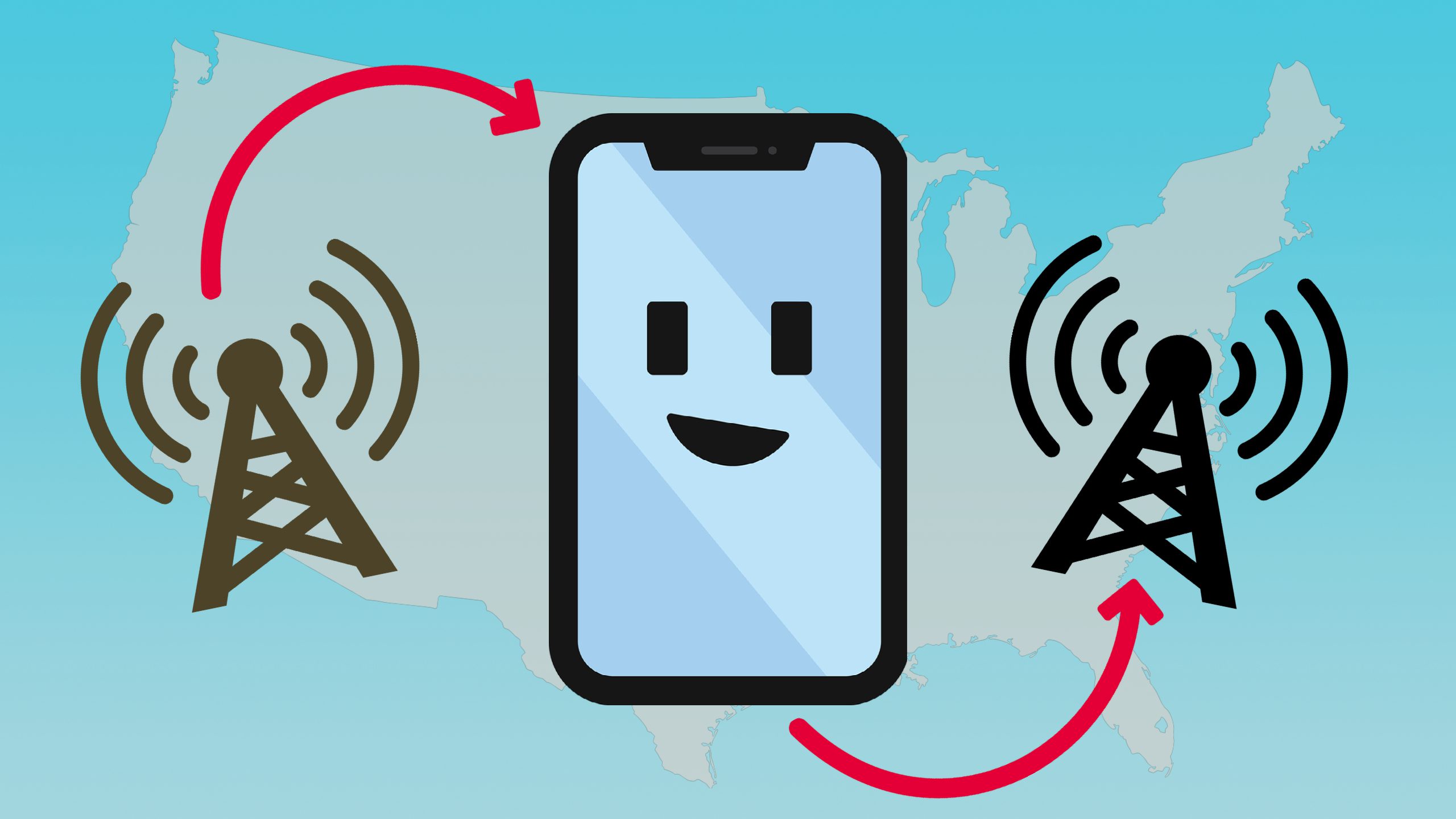

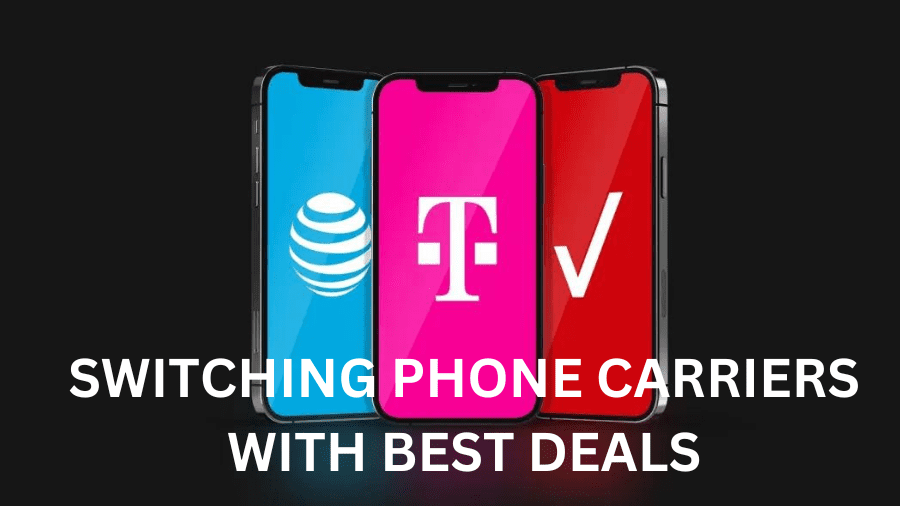





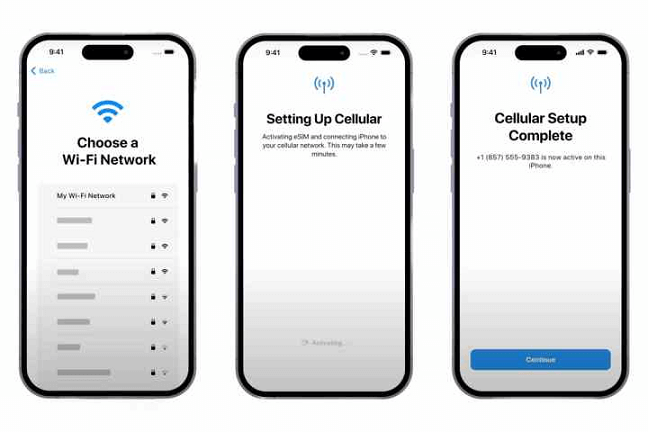
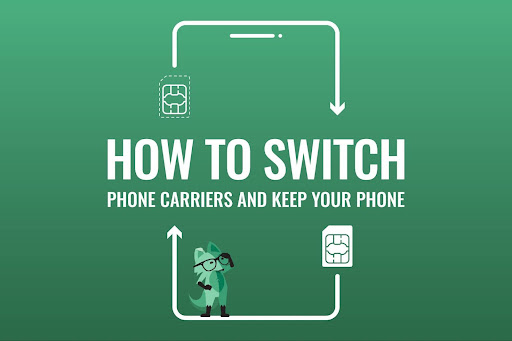
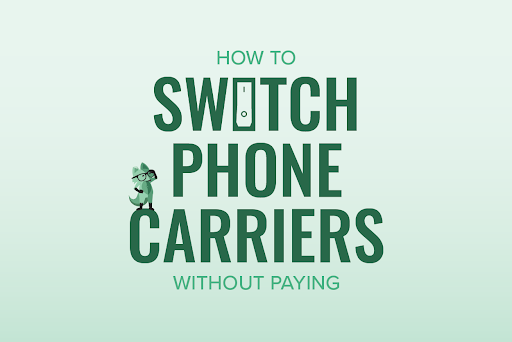


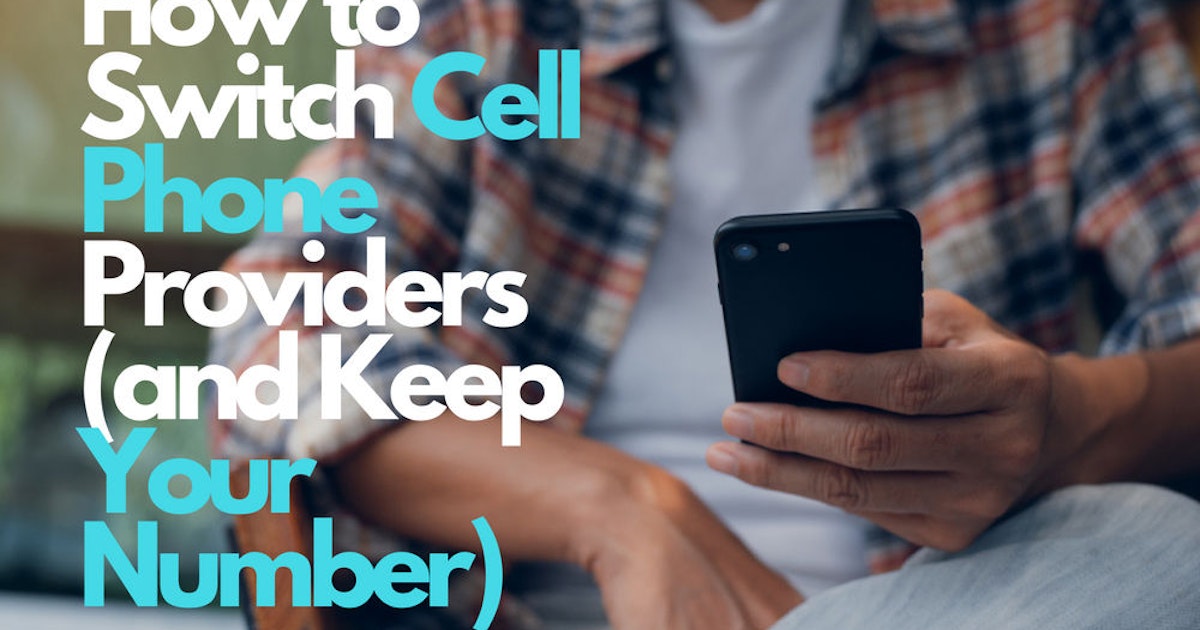
![Can You Switch A Phone To A Different Carrier [Newest] Everyone Can Unlock A Carrier Locked iPhone](https://images.imyfone.com/en/assets/article/activation-bypass/unlock-carrier-locked-iphone.jpg)
